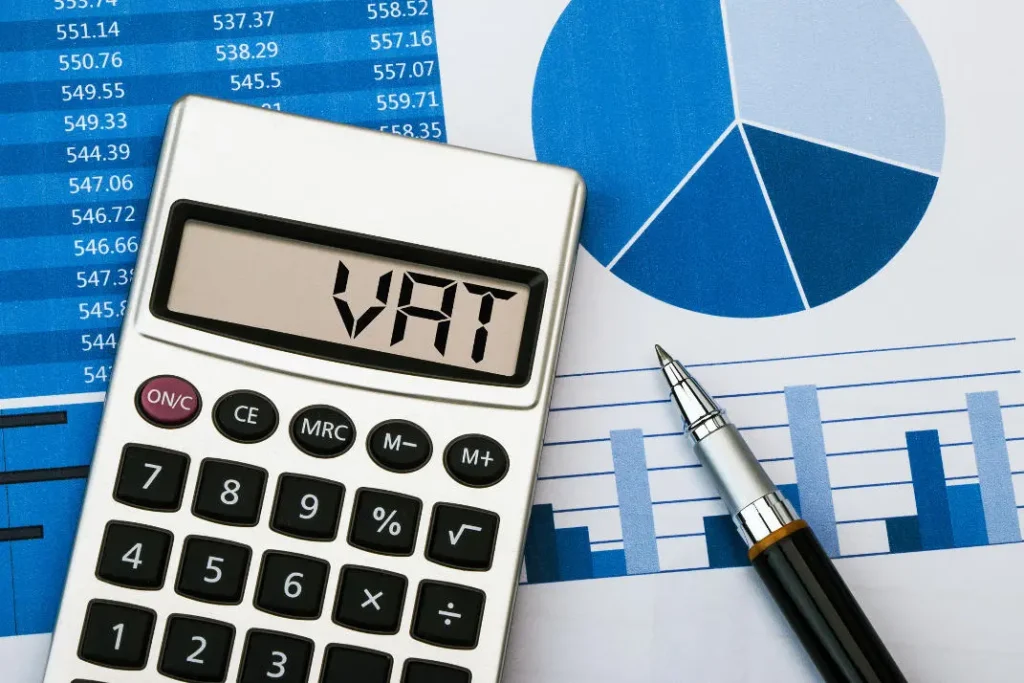Introduction
Many business owners in Thailand mistakenly believe that if their company is inactive or makes no transactions (i.e. a dormant company), they are exempt from annual compliance requirements. However, this is not the case. All registered companies in Thailand must fulfill annual filings and other regulatory obligations, regardless of whether they are dormant or not.
In this blog post we will take a look at Thailand’s legal position for dormant companies, discuss what a dormant company is and what such companies must do in order to ensure full compliance with Thai law and avoid being subject to fines or being declared defunct by the Department of Business Development.
Key Points
- All registered companies in Thailand must fulfill annual compliance requirements even if dormant (inactive), including tax filings, audited financial statements and AGMs.
- There is no formal recognition of “dormant companies” under Thai law, all registered entities have the same compliance obligations regardless of activity level.
- Non-compliance can result in financial penalties up to 200,000 THB and/or the company being declared defunct and removed from the business registry.
- A company declared defunct can apply for reinstatement through the courts within 10 years, but the process is complex and costly.
- Dormant companies may still serve useful purposes such as property ownership, intellectual property protection, and holding investments.
Understanding Dormant Companies in Thailand
A dormant company is one that has been incorporated but remains inactive, generating no revenue, undertaking no business activities and not having any employees.
It’s important to note, under Thai law there is no formal recognition of dormant companies.
Therefore, all companies are still required to fulfill certain compliance duties and are supposed to have a bare minimum level of activities. This includes the submission of annual financial statements and tax filings to the Department of Business Development (DBD) and the Revenue Department.
Failure to meet these obligations can lead to investigations from the DBD and the Revenue Departments.

No “Dormant” Status: How Thailand Regulates Minimal-Activity Companies
While having a company that does not undertake any activities or make any transactions may seem redundant, it’s important to understand that Thailand does not legally recognize the concept of “dormant companies.”
Unlike some jurisdictions, Thai law requires all registered companies to maintain ongoing operations, regardless of their activity level. Even minimal-activity companies must fulfill standard regulatory obligations. Despite these requirements, such companies can still serve several useful purposes:
- Property Ownership: Thai law allows companies to own land and property, providing an option for holding real estate.
- Intellectual Property Protection: Maintaining a registered company allows for the continued protection of a company’s name, logos, and designs, preventing unauthorized use.
- Holding Investments: Minimal-activity companies can act as a holding entity for investments in other businesses or assets.
However, the company must maintain a bare minimum level of activities to avoid being flagged by the authorities. This means the accountant should ensure that the annual balance sheet shows minimum expenses related to the continuity of the company such as office rental fees, accounting fees, and annual auditor fees.
For real estate holdings, some maintenance fees and perhaps some rental income should be recorded, while for investment holdings or IP rights, royalties fees, dividends, or interest should be documented to demonstrate genuine business purpose.
What are the Compliance Requirements for Dormant Companies?
Even without active business operations, dormant companies in Thailand must comply with the following mandatory requirements:
- Corporate Income Tax Filings: Submit half-year and annual tax returns, regardless of income status.
- Audited Financial Statements: Prepare and submit annual financial statements audited by a certified auditor. Failing to do this for three consecutive years may result in the company being delisted by the DBD, changing its status to defunct.
- Holding an AGM: Holding an AGM is a mandatory requirement and is required to approve the audited financial statements.
- Value-Added Tax (VAT) Filings: If registered for VAT, monthly filings are mandatory, even with no transactions. Non-compliance can lead to fines and additional penalties.
Read more:
Annual Closings in Thailand for Companies
What Happens if Dormant Companies Do Not Complete Their Compliance Requirements?
Failing to meet the annual compliance requirements as a company in Thailand can have serious legal and financial consequences for dormant companies in Thailand.
The Department of Business Development (DBD) actively monitors registered entities, and non-compliance can result in strict penalties, including financial fines or in the worst case scenario, removal from the Department of Business Developments business registry.
Financial Penalties
Companies that do not comply with Thailand’s annual accounting regulations may face a penalty of up to 200,000 THB.
Being Declared Defunct and Being Removed from the DBD Business Registry
In 2024, the DBD announced the removal of over 11,500 businesses from the active business registry due to failure to submit financial statements or complete the liquidation process.
If a dormant company fails to submit required financial statements or properly complete the dissolution process, it may be removed from the DBD registry. Once a company is deregistered, it loses its legal status and can no longer engage in any business transactions.
Once a company has been deregistered, it is possible to apply for reinstatement through the courts within 10 years. However, the process is complex, requiring legal justifications, administrative procedures including court hearings, and significant costs.
Legal and Financial Liabilities for Directors and Shareholders
Even after a company is declared defunct, its directors, managers, and shareholders may still be held liable for any outstanding obligations, including debts and legal disputes.
Creditors or other stakeholders may take legal action against individuals associated with the company if any outstanding financial commitments remain.
What is the Difference Between Dissolved, Dormant and Defunct Companies?
Whether a company is dissolved, dormant or simply defunct has a significant effect on its ability to be revived or re-registered as an active company.
Dissolved Companies
A dissolved company is one that has been through the legal process to wind down the company i.e. has been liquidated. After the process for liquidation has been completed, the Department of Business Development (DBD) will declare the company dissolved.
Dormant Companies
A dormant company is one that has been and remains incorporated but remains inactive, generating no revenue, undertaking no business activities and not having any employees or assets.
Defunct Companies
A company is considered defunct when it stops undertaking any activities for a period of at least 3 years.
When a company has been declared defunct, the DFD will remove its name from the department’s list of active companies.
The most common way for a company to be declared defunct is when it is abandoned by its owners. In such a case the owners of the company will simply cease operations and stop submitting the annual filings and other mandatory compliance requirements.
What is the Process for Re-registering a Defunct Company?
To reactivate a defunct company in Thailand, a formal petition must be made to the court. The petition will be used to request the court to issue an order instructing the Registrar of the Department of Business Development (DBD) to reinstate the company in their system as per Article 1246(6) of the Civil and Commercial Code.
The process required for reactivating a defunct company in Thailand is as follows:
Collect the required documents:
Applicants will be required to collect all relevant company documents including registration certificates, shareholder information, and financial records.
Prepare the court petition:
Draft a detailed petition explaining the reasons for seeking reactivation and providing any necessary supporting evidence.
File with the court:
Submit the petition to the appropriate court jurisdiction.
Court hearing:
Attend the court hearing to present your case and answer any questions from the judge.
Court order:
Upon approval, the court will issue an order instructing the DBD to reinstate the company.
Once the court order has been received the applicants may submit it to the DBD to officially reactivate the company status.
Please note, there is a 10 year time limitation in place for reactivating dormant companies. This means that if the company has been defunct for more than 10 years, reactivation is not possible.
Looking for an Accounting firm in thailand? contact us for a consultation with one of our tax experts.
Disclaimer
This information is provided for general informational purposes only and is not legal, tax, or financial advice.





